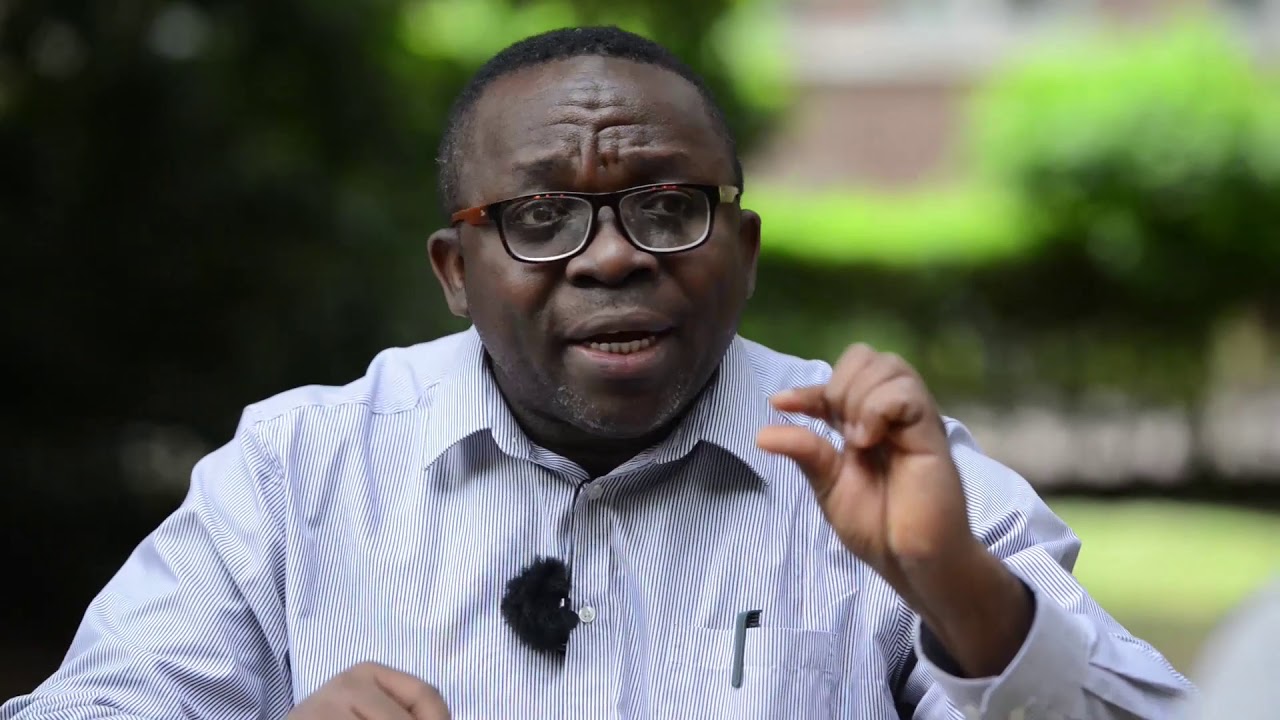The Advocacy for Alleged Witches supports the campaign to pardon alleged witches, prosecuted, imprisoned, or executed in Britain over 300 years ago. This pardon is important to advocates in Nigeria and Africa for many reasons.
First, Nigeria, and many countries in the region are former British colonies. Many African countries have policies and laws linked to legal provisions that address witchcraft accusations and witch persecutions in the UK. For instance, the existing criminal provision against witchcraft accusations in Nigeria adapts the British common law.
Nigeria and other former British colonies adopted this criminal provision after independence. The Witchcraft Act of 1735 made it a crime punishable using a fine or imprisonment for someone to “pretend to exercise or use any kind of witchcraft, sorcery, enchantment, or conjuration, or undertake to tell fortunes”.
As British campaigners have noted: “The significant difference between the 1735 Act and the former English and Scottish Witchcraft Acts which it repealed was that the new statute made it clear that witchcraft was a fraudulent activity”.
Incidentally, many Nigerians, nay Africans do not see witchcraft as a fraudulent scheme. They think that witchcraft is an actual expression of magical and supernatural powers. Many Africans invoke witchcraft to explain and make sense of real-life problems and misfortunes.
As British campaigners further explained, “In contrast, the previous Acts considered witchcraft to be real and a capital offence. From 24 June 1735, it was no longer lawful to prosecute an individual based on the make-believe idea that some people (those labelled witches) could use harmful magic (maleficium) to cause harm to their neighbour’s goods or person”.
Many Africans are still mentally trapped in the “make-believe” warp of those previous Acts of witchcraft in Britain. They cannot relate to the content, position, and proposition of the 1735 Act and its state adaptions in their countries. There have been calls in some countries for a repeal of this provision and a criminalization of witchcraft. For many Africans, the emergence and flourishing of Wiccan religious formations, including the growing visibility of persons who identify as witches testifies to the fact that witchcraft is real and that witchcraft is alive and well in Britain, and in the rest of the Western world. Unfortunately, this is not the case.
As British campaigners have suggested, to most British people today, “the idea that women made pacts with the Devil to gain magical power, used familiar spirits and charms to murder, and committed infanticide to make potions from the bodies of young children was a huge joke and source of entertainment”.
To many Africans, the idea that some people, mainly elderly persons, women, and sometimes children fly out at night in winnowing baskets (Zimbabwe), or in witch planes (Malawi), or turn into cats, dogs, or owls to cause accidents, sickness and death, is not a joke or a form of entertainment.
It is a serious issue that evokes anger, vengeance, and extreme punishment. Alleged witches have been attacked, beaten to death, or buried alive in many parts of Africa. In northern Ghana, they are banished from their families and communities and made to live in make-shift shelters also known as witch camps.
In present-day Africa, many witchcraft accusers and witch hunters are Christian believers; they practice a faith that missionaries from Britain and the Western world introduced in the region centuries ago. Some African witch-hunting churches have members and branches in Britain. They organize witch-hunting services and programs. Cases of abuses linked to witchcraft beliefs and demon possession in the UK have been traced to the activities of these churches, their pastors, and their members.
British campaigners have noted the number of victims of witch persecution in early modern Europe: “between 40,000 and 60,000 people were executed for crimes of witchcraft between the mid-fifteenth and eighteenth century – crimes they could not have possibly committed. Between 90,000 and 100,000 prosecutions took place in total”. In Africa, it is difficult to know the number of victims of witch hunts in each country because witch persecution and killing take place in rural communities. The victims are mainly women, children, elderly persons, and people with disabilities.
In Tanzania, for example, an estimated 3,000 people were killed for allegedly practicing witchcraft between 2005 and 2011, and about 60,000 accused witches were murdered between 1960 and 2000. Thus witch hunting is not a thing of the past.
Britain needs to enact a posthumous pardon to acknowledge “the gross miscarriage of justice” which took place centuries ago, and which continues to take place in former British colonies and member countries of the Commonwealth. Many lives are being destroyed by hearsay, ignorance, and superstitious belief in witchcraft in Nigeria, Malawi, Kenya, and other countries of the Commonwealth.
With this pardon, Britain will send a message of hope and light to these countries. It will provide the moral leadership that has been missing on the issue of witch hunts in the Commonwealth. Britain will make it clear that abuses linked to witchcraft beliefs and ritual attacks have no place in contemporary Britain and the contemporary world. Justice for alleged witches in Britain. Justice for alleged witches everywhere.
Leo Igwe, who directs the Advocacy for Alleged Witches, is a human rights activist and the founder of the Nigerian Humanist Movement. Advocacy for Alleged Witches campaigns to end witch hunts in Africa by 2030. He was the Western and Southern African representative to IHEU, the International Humanist and Ethical Union. He can be reached by email HERE.
The opinions expressed in this article are solely those of the author.







